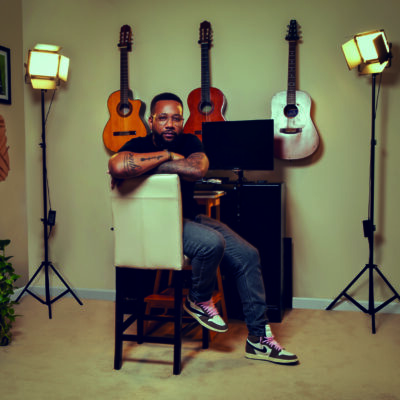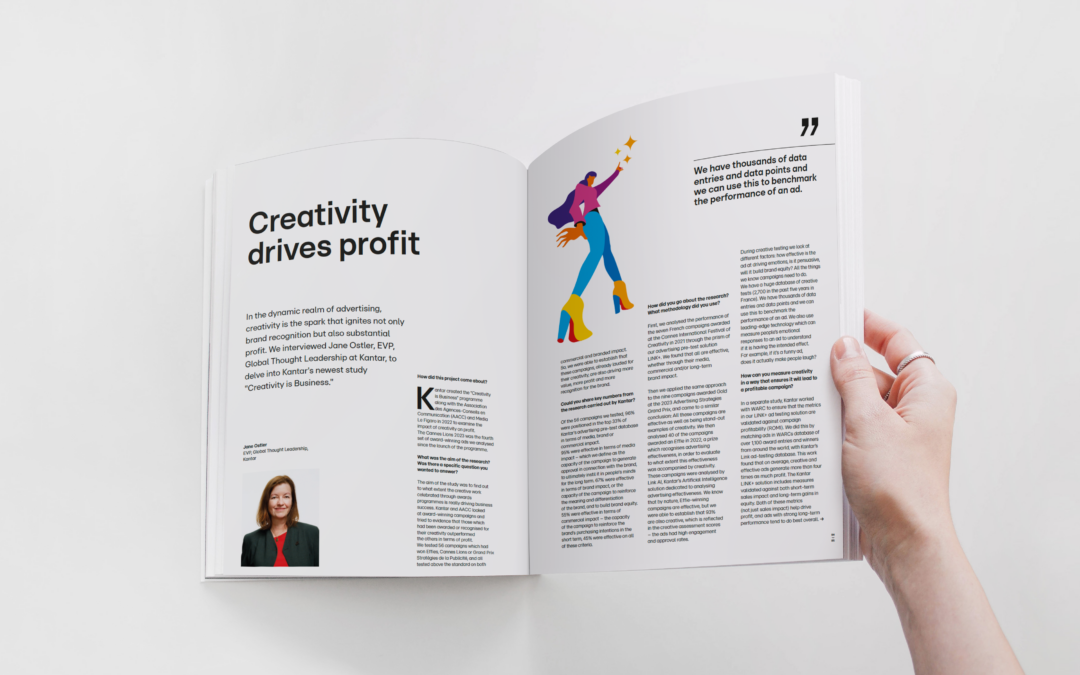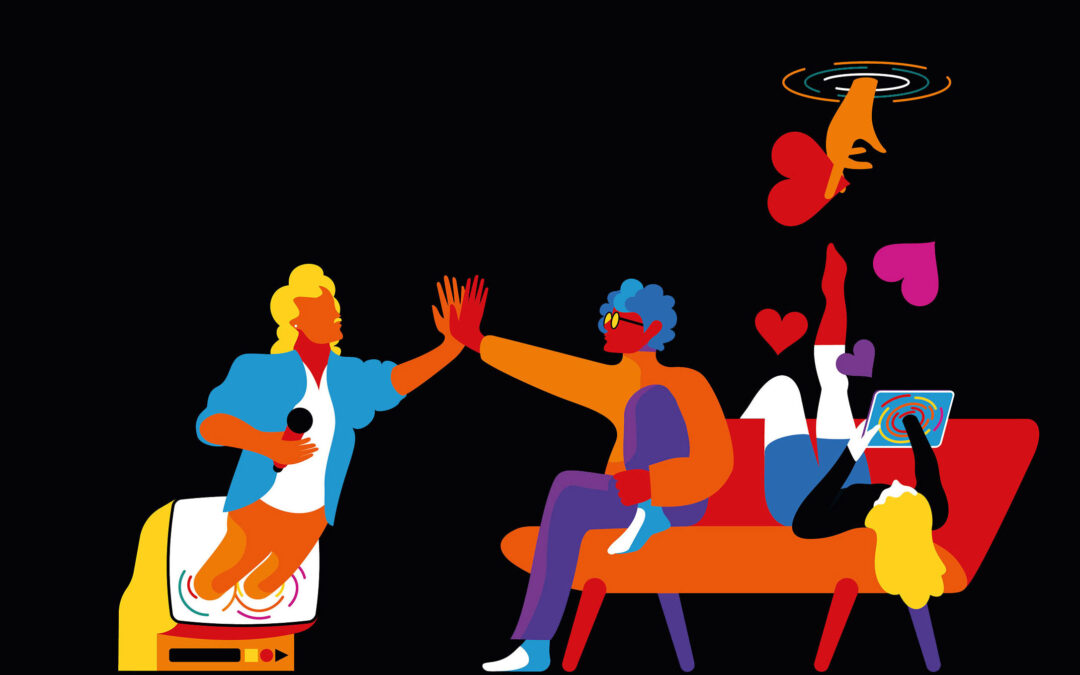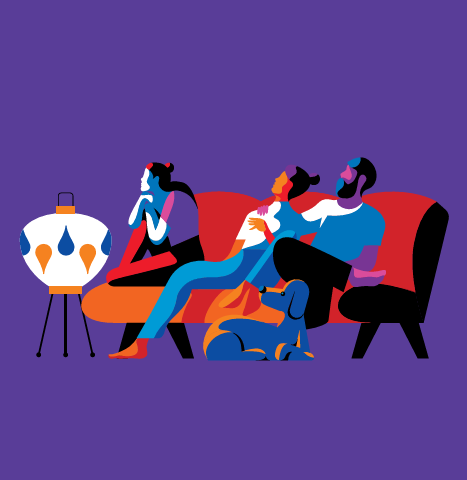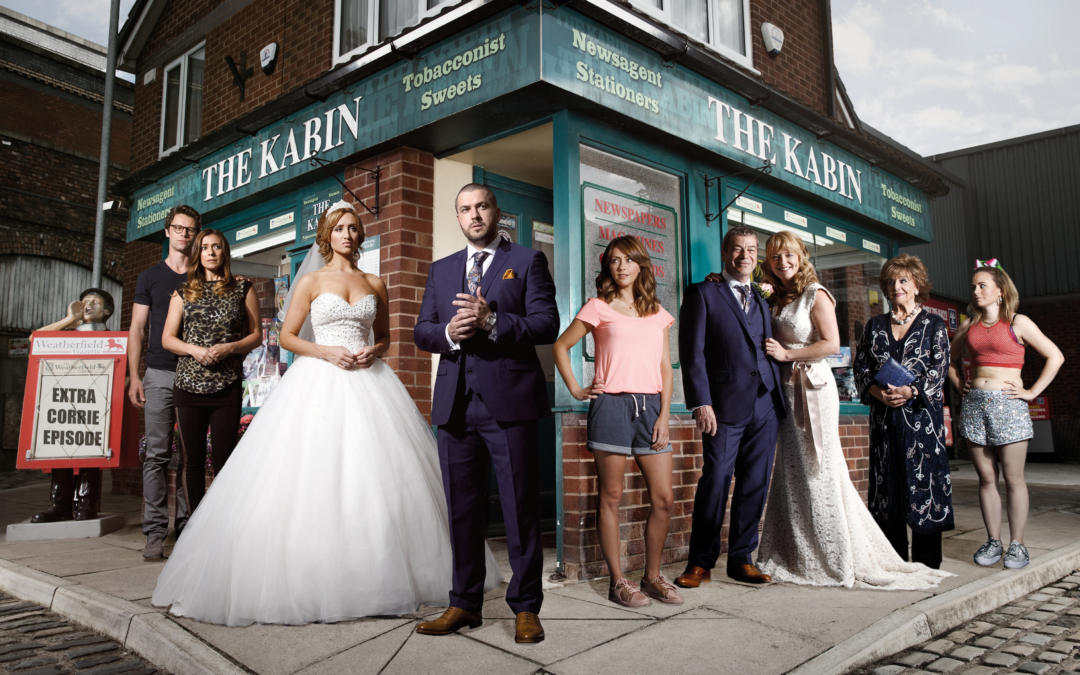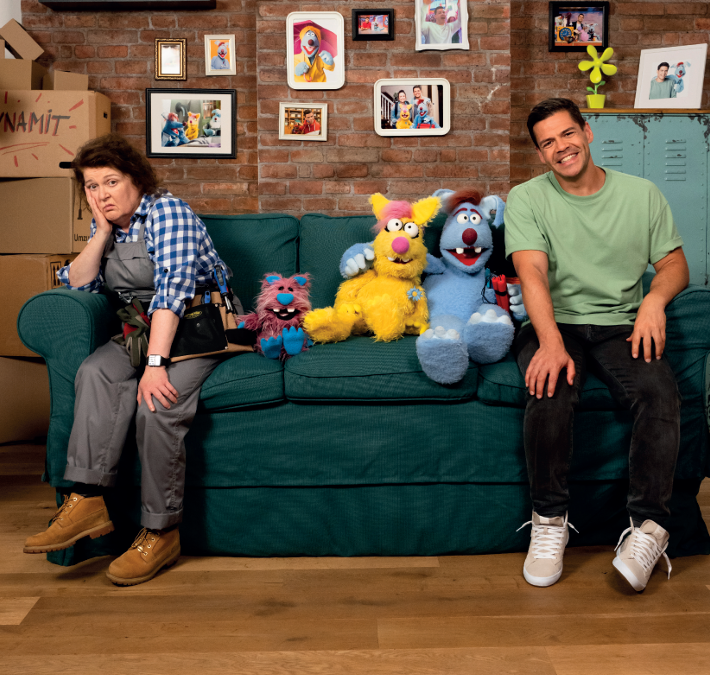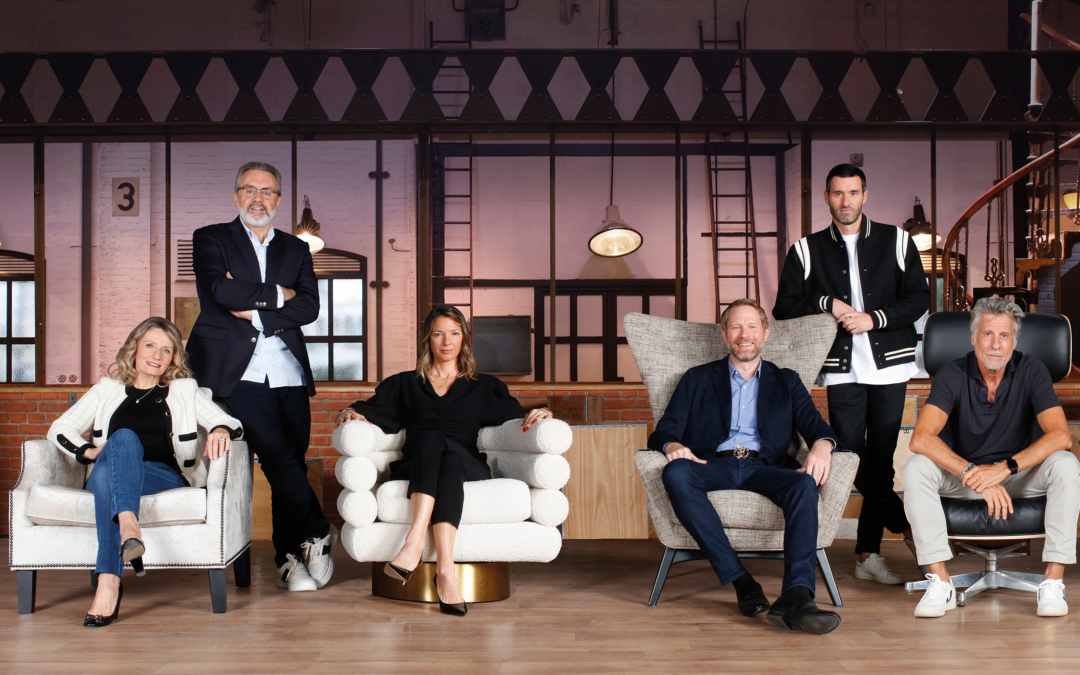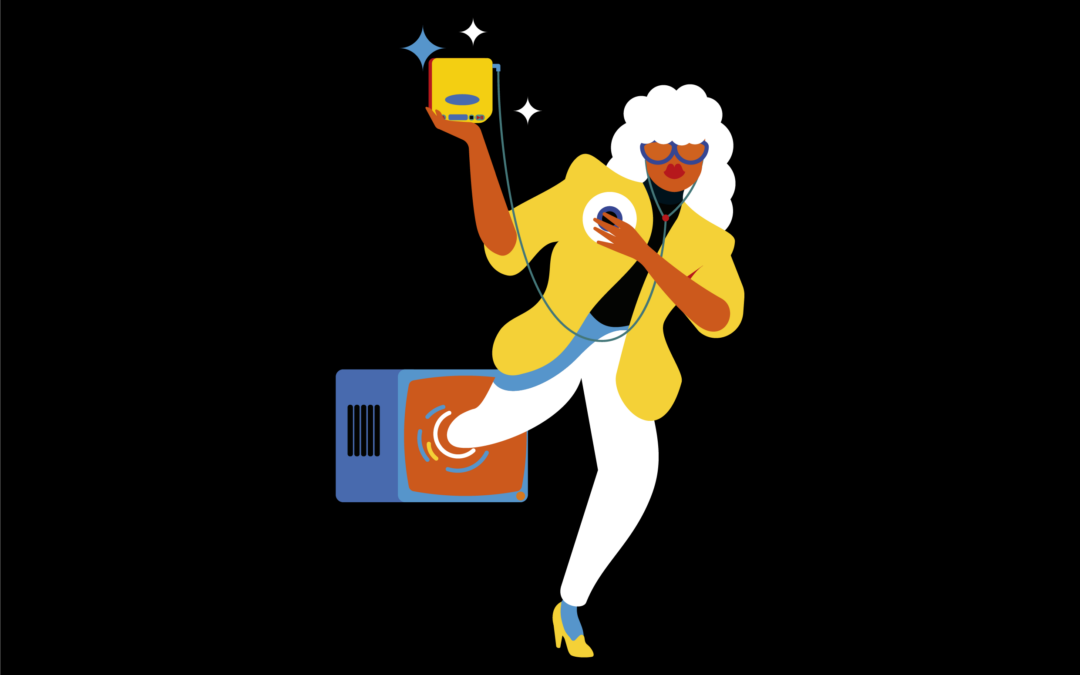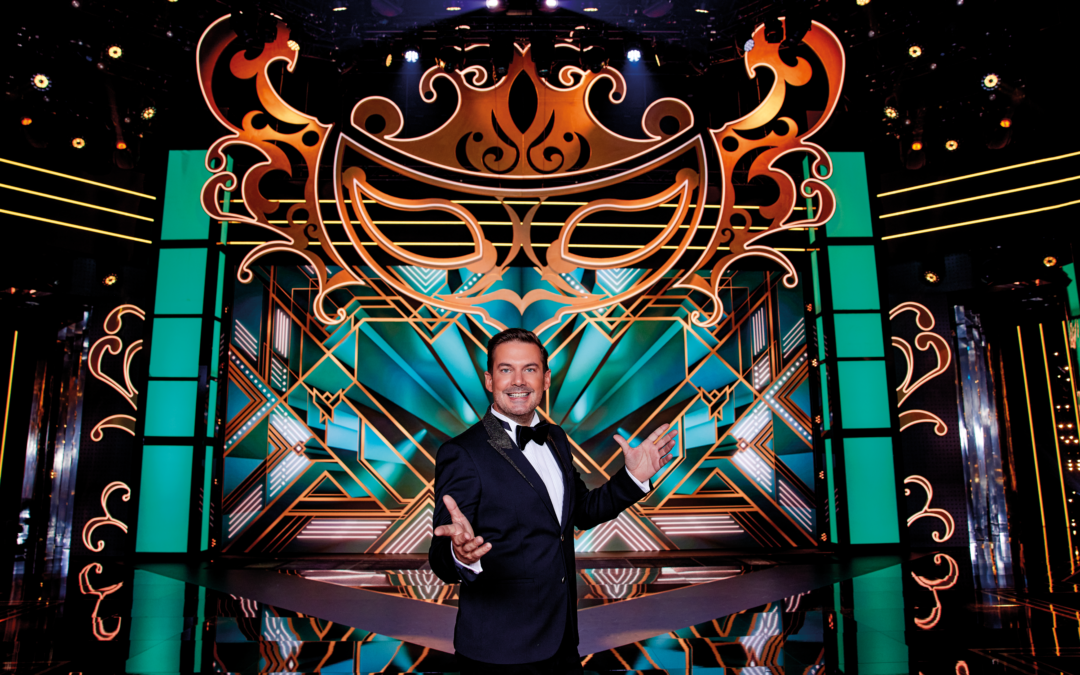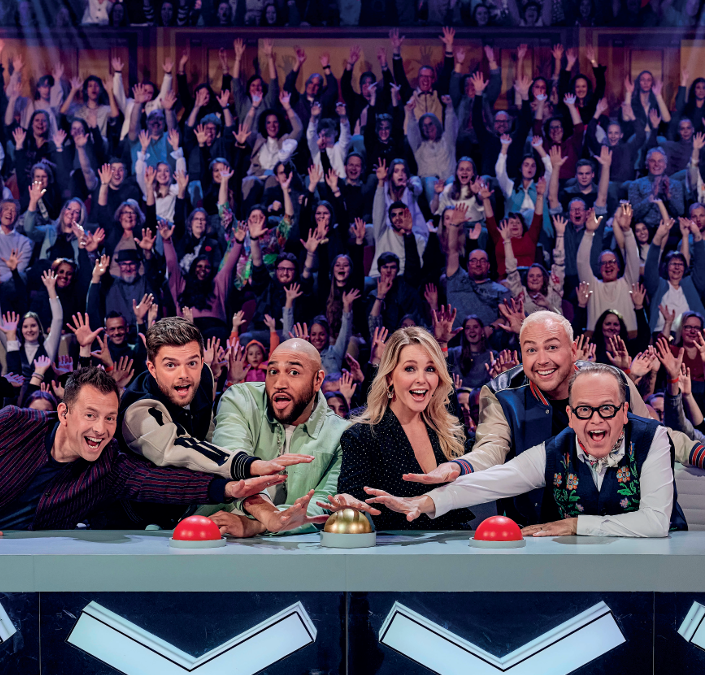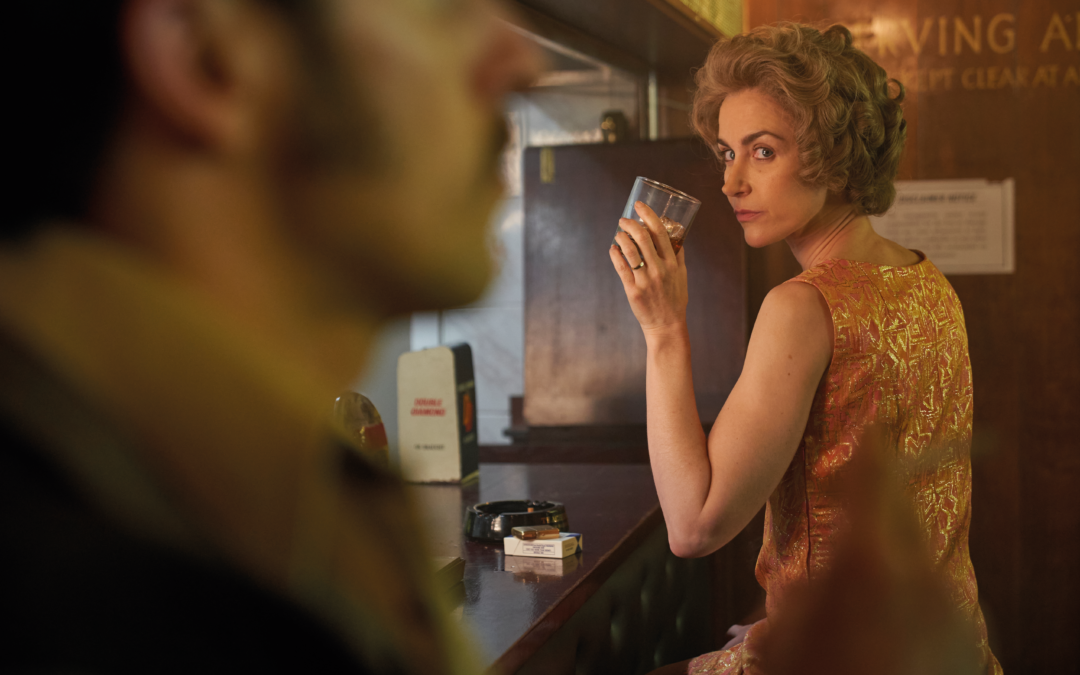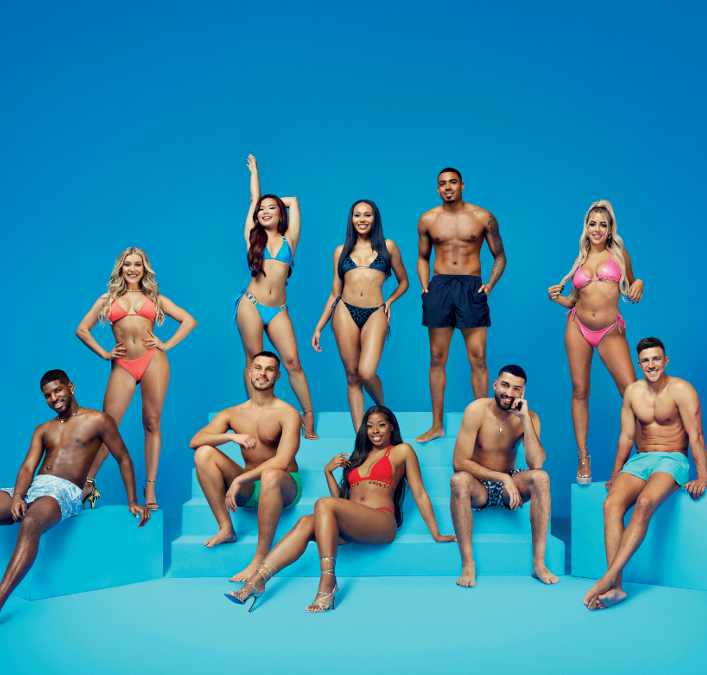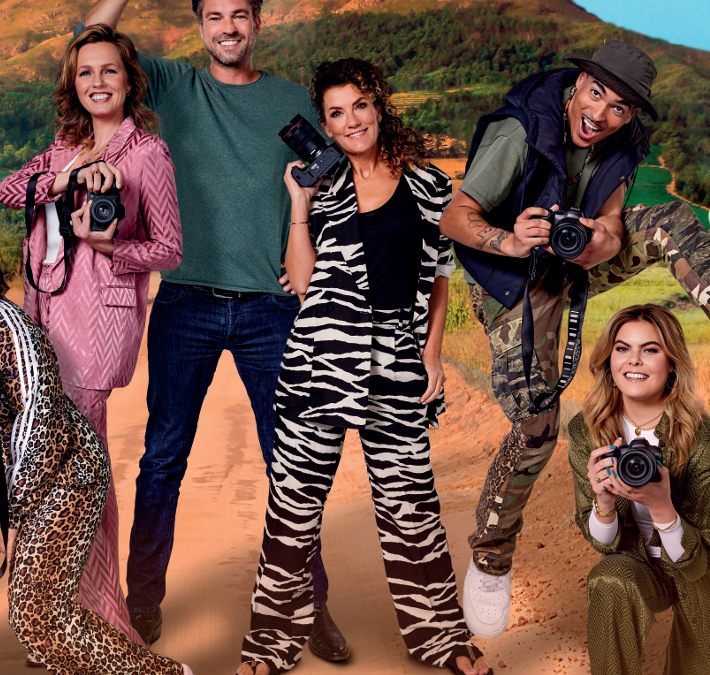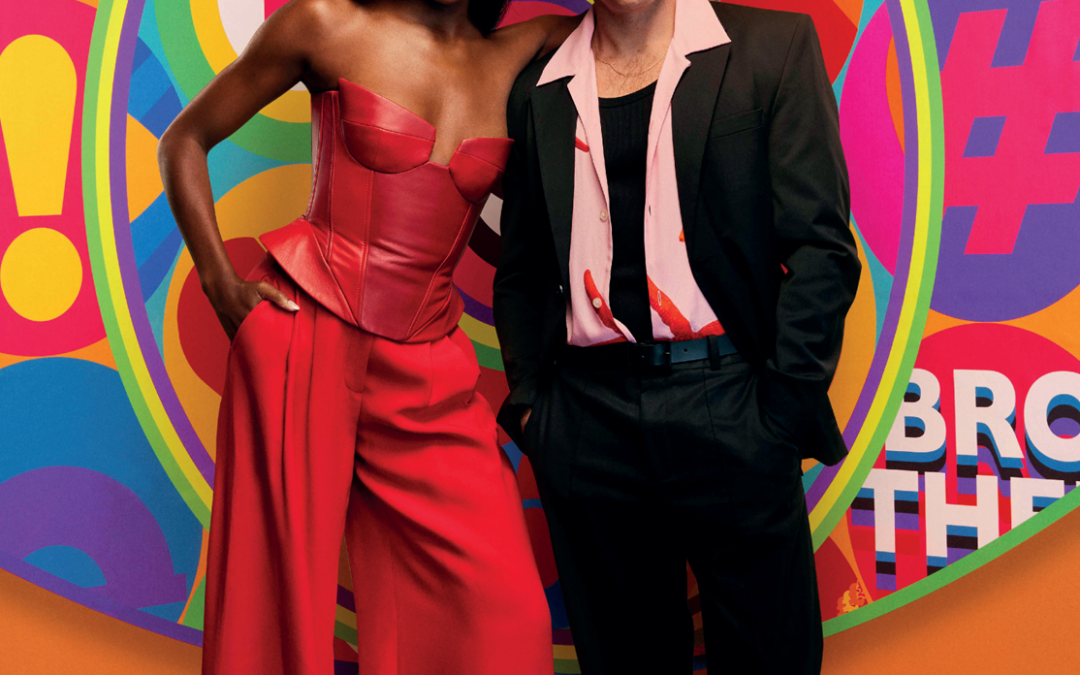That is a good question. We would all like to say that we have been doing it forever, which is clearly not the case. In the past three years, we have started taking a different approach and looking at how we are actually marketing to individuals. The pandemic clearly shone a light on health disparities, equality, and other issues. While we were locked in our homes, we had to rethink how we reached out to individuals, as there was a clear change in the way in which people were using social media. It has become a platform for protest. You no longer have to paint signs, demonstrate, or block the entrance to a building, instead you can go on Twitter and call out a CEO or a company, and it can have an enormous impact.
There are agencies and people who strongly believe in inclusive marketing. We need to be doing the right work and rethink our approach. We see this reflected in brands that want to do better and that want to be authentic. However, there are a small number of people for whom inclusive marketing feels like a chore and who are only doing performative work to prevent being called out.
I think we need to talk about tokenism, especially now that a lot of companies are saying that they need to hire black and brown talent. This evokes the feeling in people who look like me, that we are only getting these interviews because we are a particular colour.
I cannot tell you the number of people that I mentor – probably five to seven people every week – and how many of them have come to me saying things like: “I had this interview a couple of days ago, but now they have just completely ghosted me. I feel like I was only there so they can check off a box to show that they have interviewed “these types of people”. These moments are hard, especially when you are a junior, or at a mid-level stage in your career. It is a very awkward feeling no matter your status in a company.
In my experience, when black people are put in senior leadership positions, some people are going into these positions feeling that they were hired just because they look a particular way. It is a fine line to overcome this bias.
But I am certain that with a little more transparency, authenticity, and open communication, we can have these difficult and uncomfortable discussions and nip tokenism in the bud.
I am certain that with a little more transparency, authenticity, and open communication, we can have these difficult and uncomfortable discussions and nip tokenism in the bud.
The responsibility is huge. I think that when we look at the advertising space in agencies, we are responsible for shaping culture. And, if we look at the things that campaigns have done over the years, we have changed the world in so many ways. I also want to make sure that we do not leave out the brands, because the brands are responsible for accepting the work and agreeing to go to market with these campaigns.
I think this responsibility starts with ensuring that we have diverse ways of thinking around the table, right at the beginning when the ideas for these brands are generated. It is not good enough to hire a bunch of people of colour, people with disabilities, LGBTQAI+, and just throwing them out there. You must move with intention to actually include them in some of these roles. But it is also about putting them in senior leadership positions. When people of colour get in these rooms, we often feel like we are not sure if we really belong there, because we normally do not see any other person who looks like us at the top table.
Coming back to your question, I think that yes, we are completely responsible, because we are the individuals that are presenting these big ideas and trying to share them with the world. And it is our role and responsibility to really make sure that we are creating opportunities that generate a ripple effect that goes beyond ourselves.
Be OK with being uncomfortable and move with intention.
We are at a moment in time, where we must be courageous and have many of these awkward and uncomfortable conversations. I know that when we get into these conversations, there is this feeling of uncertainty over whether I should even engage, because if I do, and say the wrong thing, then I might set this person off. And the next thing I know, I am going to get cancelled, or fired, or end up in a Twitter storm, therefore, I prefer not to engage at all.
I think we are at a stage where people want to feel as though they can speak their minds and have an impact on a conversation. I think that we should just own being uncomfortable! Own that you might put your foot in your mouth and say something completely wrong. But when that happens, just own up to it and say: “you know what, I got that wrong. I apologise.” This was an opportunity and a moment where I could learn and better myself and for that I am grateful, and I hope I did not offend you. It could be that simple, right? If we can do that simple thing, we can move the needle so much further than we have currently done.
